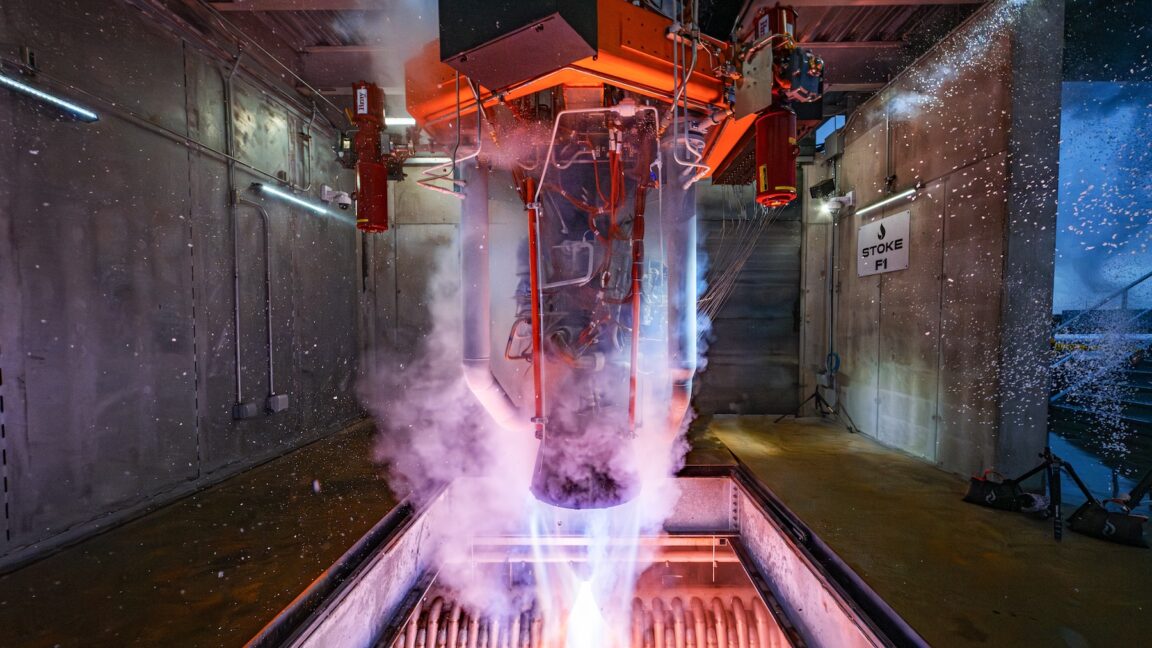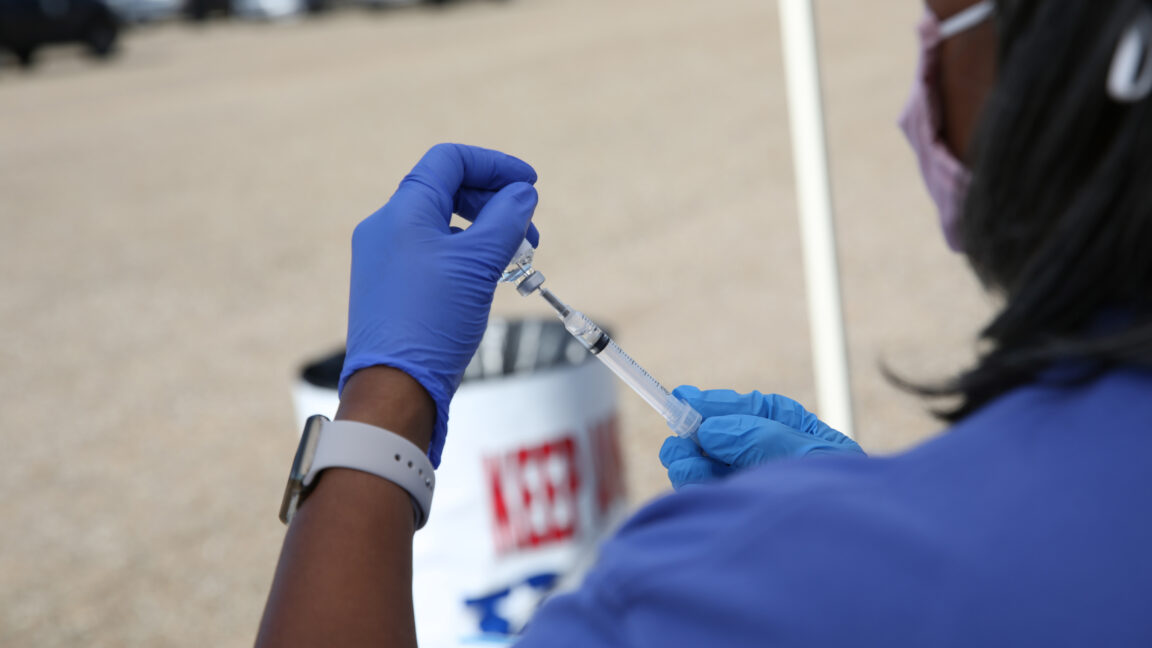Can Equinox Use AI to Coach Its Members Toward Longer, Healthier Lives?

Equinox, like any membership business, is focused on long-lasting relationships with its clients. Now, the New York luxury fitness company is working to extend what "lifelong" means for its members.
With a series of AI-boosted initiatives, Equinox is aiming to help its members achieve longer and healthier lives—by way of higher-tier memberships, massage robots and smart cardio machines all focused on longevity.
The fascination with living forever is increasingly captivating wellness fanatics. Figures like venture capitalist Bryan Johnson have gone viral for undergoing treatments like plasma transfusions to extend his life. Medical researchers are studying gene therapies to achieve the same feat. Demographers are debating the legitimacy of "blue zones," regions where people are purportedly living longer and healthier lives. And brands like Goop and Sakara are promising consumers the opportunity to reverse aging via peptide injections and wellness supplements.
"The world has embraced this idea of longevity, and to do that we definitely need to provide more comprehensive solutions than just saying, 'lift or run,'" Eswar Veluri, the chief technology officer for Equinox Fitness Clubs, told Newsweek. "The coaching has to be something that's provided every day, not once every two days."











